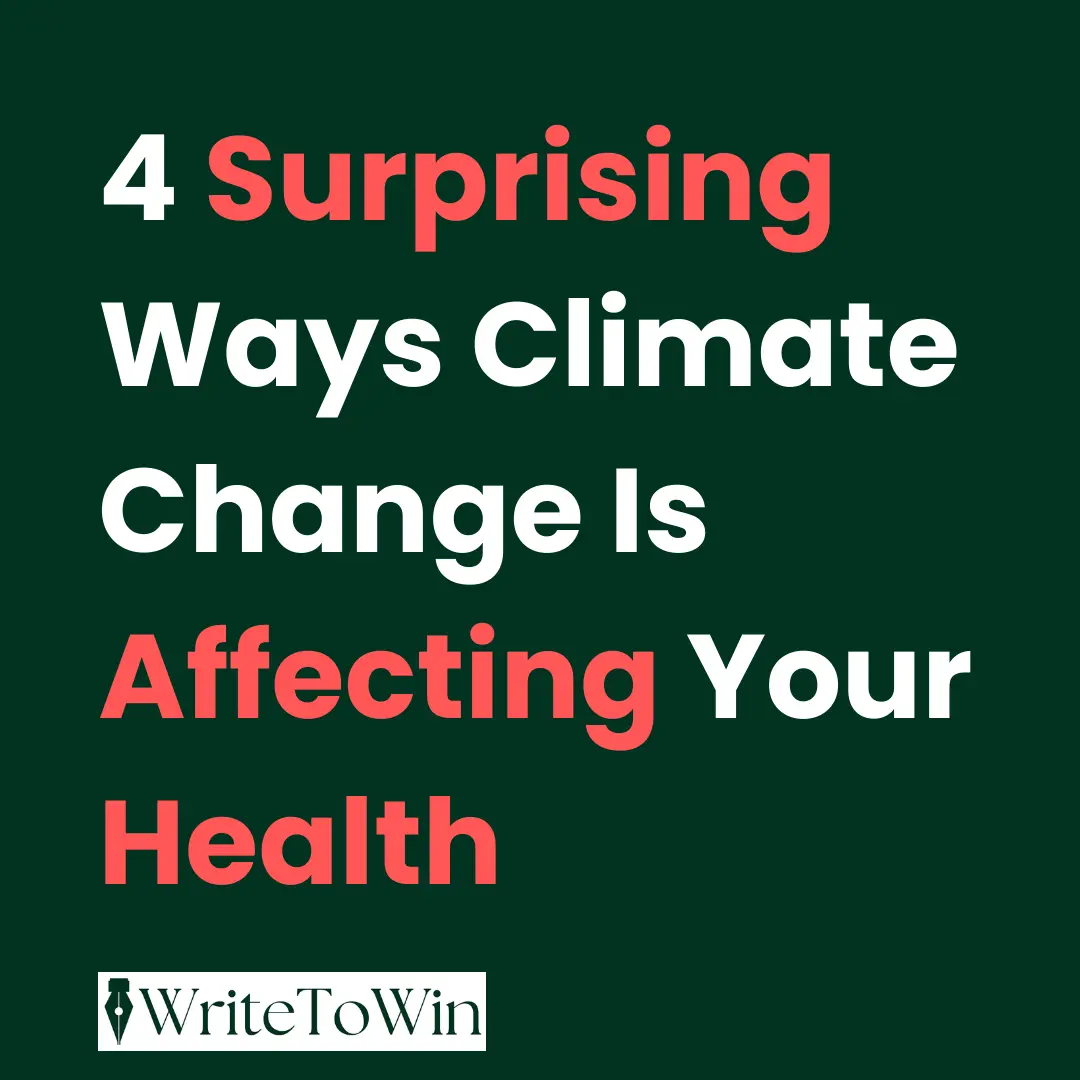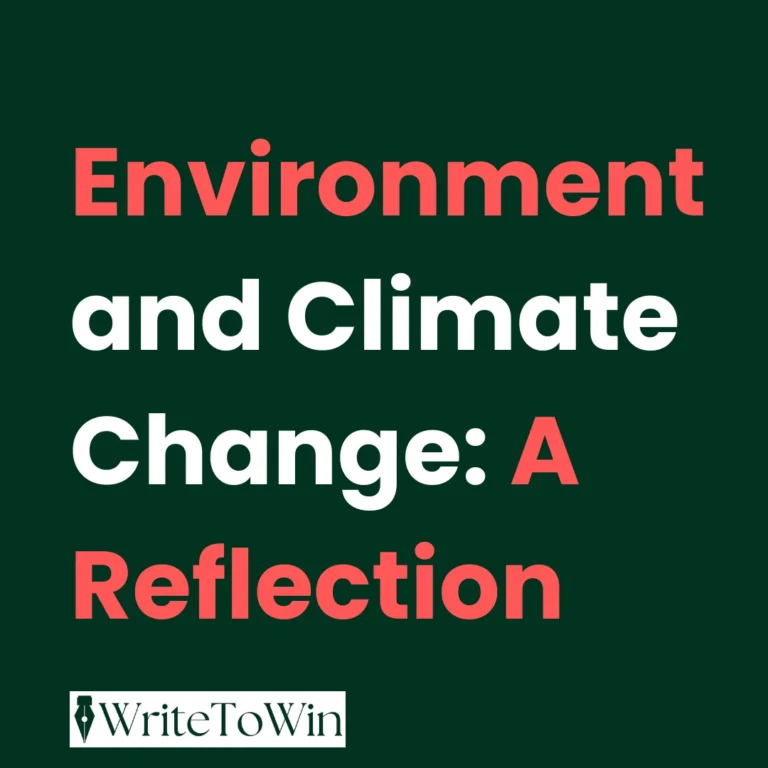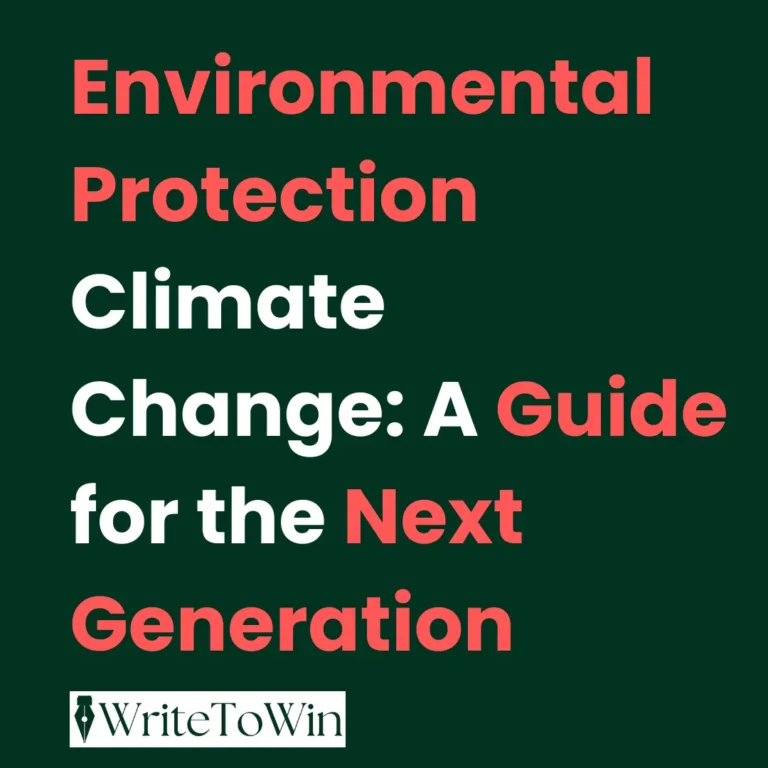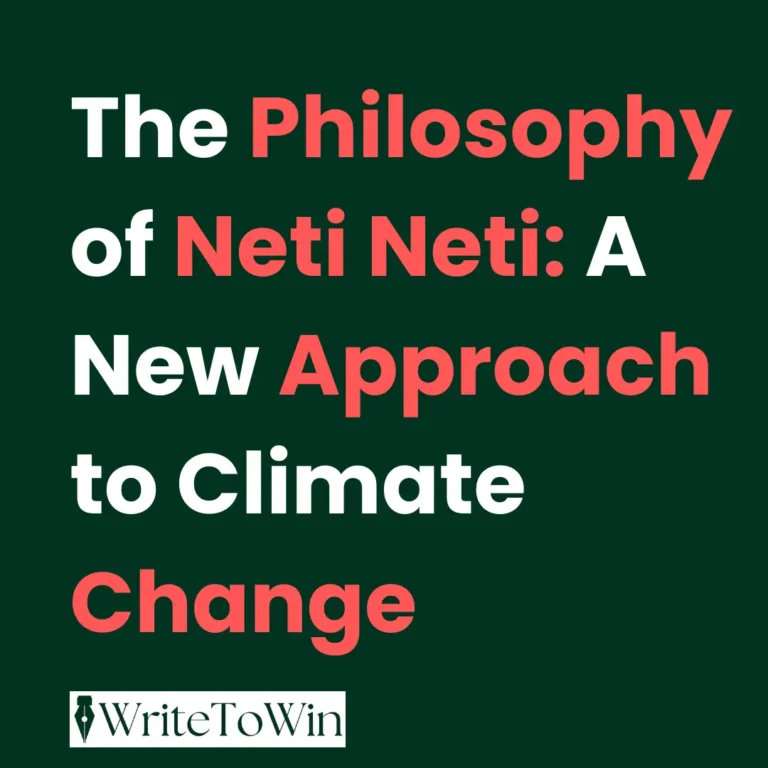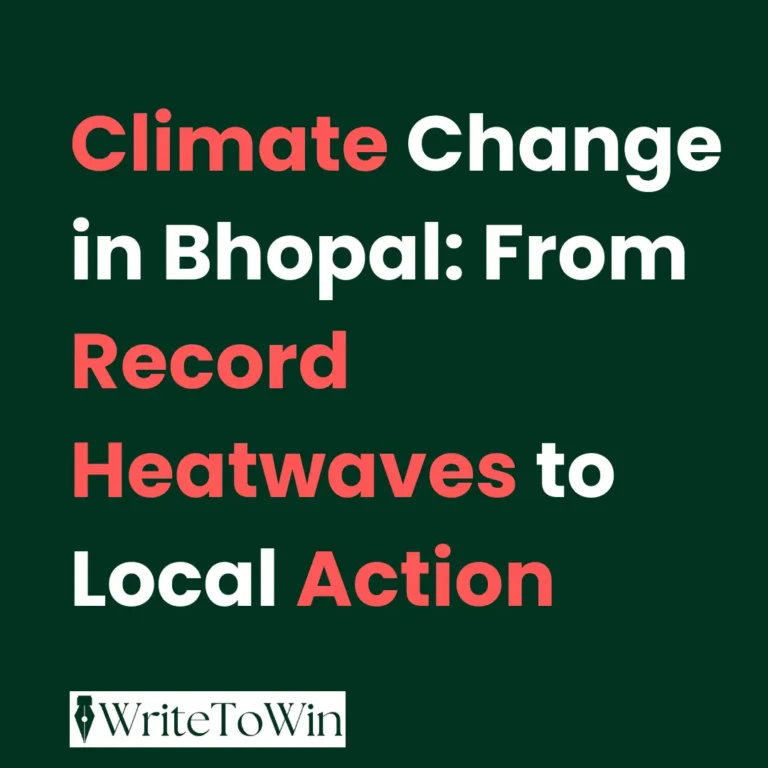When we think about climate change , our minds often picture distant, dramatic scenes: melting glaciers, stranded polar bears, or sprawling wildfires on another continent. But the reality is that the most immediate and personal impacts of a changing climate are not so far away. They are happening right now, and in ways that can subtly but significantly affect our health and well-being.
While we all know about the direct dangers of heatstroke, some of the most profound health effects are the ones we rarely talk about.

Your Allergy Season is Getting Longer and More Intense
Have you felt like your seasonal allergies—the sneezing, the itchy eyes, the runny nose—are getting worse every year? You’re not imagining it. Climate change is a primary culprit.
The Surprising Science:
- CO₂ as a Super-Fertiliser: The rising concentration of carbon dioxide in the atmosphere acts like a steroid for pollen-producing plants. It makes them grow bigger, faster, and produce significantly more pollen per plant.
- A Longer Season: Warmer temperatures are extending the growing seasons. Spring is arriving earlier and autumn is lasting longer, which means the period in which plants release pollen is stretched out over many more weeks, or even months, of the year.
- More Potent “Super Pollen”: Emerging research suggests that the pollen produced in a high-CO₂ environment can be more potent, containing proteins that are more likely to trigger a strong allergic reaction.
- The Health Impact: For millions of people, this means a longer, more miserable allergy season and a higher risk of asthma attacks, forcing them to rely more heavily on medication and impacting their quality of life.
The Nutritional Value of Your Food is Secretly Decreasing
This is one of the most alarming and invisible impacts. The very staple foods that form the foundation of our diet, like rice and wheat, are becoming less nutritious as a direct result of rising CO₂ levels.
The Surprising Science:
- The “Junk Food Effect”: While higher CO₂ can make some plants grow larger, a phenomenon known as “CO₂ fertilisation,” this rapid growth comes at a hidden cost. The plants bulk up on carbohydrates (sugars and starches) but don’t absorb a proportional amount of vital nutrients from the soil.
- The Great Nutrient Collapse: This leads to a “nutrient dilution” effect. Studies have shown that rice grown in the high-CO₂ conditions we expect by mid-century will contain significantly less protein, iron, zinc, and B vitamins than the rice we eat today.
- The Health Impact: This could lead to a hidden wave of malnutrition, with people consuming enough calories but not enough essential nutrients, impacting everything from immune system function to healthy childhood development.
Your Risk of Developing Kidney Stones is Increasing
It may seem like a strange connection, but urologists and climate scientists are increasingly finding a direct link between rising global temperatures and the excruciatingly painful condition of kidney stones.
The Surprising Science:
- The Dehydration Link: Kidney stones are essentially hard mineral and salt deposits that form inside your kidneys. The number one risk factor for their formation is not drinking enough water, leading to concentrated urine.
- A Warmer World = A Dehydrated Population: As the planet warms, we experience more frequent and intense heatwaves. Our bodies lose more fluid through sweating, leading to chronic, low-level dehydration, often without us even realising it. This creates the perfect conditions for kidney stones to form.
- The Health Impact: Scientists have begun identifying a “kidney stone belt” in hotter climates, a zone that is predicted to expand as global temperatures continue to rise, putting more and more people at risk.
Your Mental and Emotional Health is Under Strain
The effects of climate change are not just physical. They exert a significant, often unacknowledged, pressure on our mental health.
The Surprising Science:
- “Eco-Anxiety”: A growing number of people, particularly young adults and teenagers, report feeling a chronic sense of anxiety, grief, and hopelessness about the future of the planet. This persistent stress can impact sleep, mood, and overall well-being.
- Trauma from Extreme Weather: Those who live through a climate-related disaster—like a devastating hurricane, flood, or wildfire—are at a high risk of developing post-traumatic stress disorder (PTSD), depression, and anxiety.
- The Heat-Aggression Link: Research has also uncovered a disturbing correlation between rising temperatures and increases in aggression, domestic conflict, and even suicide rates. Extreme heat can impair judgment, disrupt sleep, and shorten tempers.
- The Health Impact: This is a silent health crisis. The emotional toll of a destabilising world is real and can be just as debilitating as any physical ailment.
Conclusion: Planet Health is Public Health
Understanding these surprising links makes one thing abundantly clear: climate change is not a distant environmental problem. It is an urgent and deeply personal public health crisis. The health of our planet and the health of our families are not separate issues; they are one and the same.
The solutions to climate change—cleaner air from renewable energy, more resilient and nutritious food systems, and greener, cooler cities—are also powerful solutions for public health. Protecting your health and protecting the planet are the same fight.

Saket Sambhav is the founder of WriteToWin, India’s premier environmental writing competition for school students. A legal professional and DBA candidate in sustainability, he launched WriteToWin to shift generational mindsets – empowering students to make conscious choices and protect the planet. He also mentors young eco-entrepreneurs, nurturing the next wave of climate leaders.

